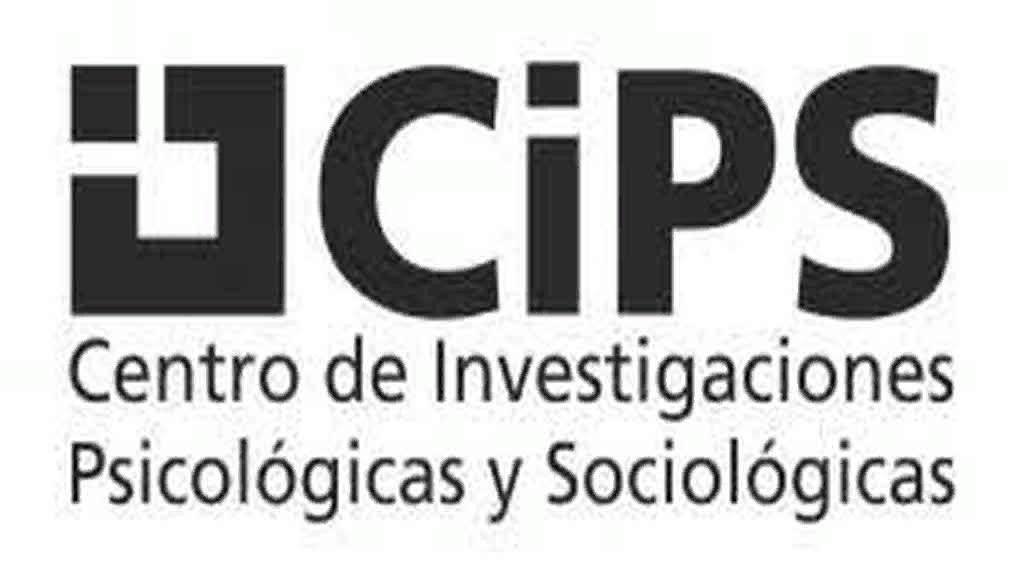
The Center for Psychological and Sociological Research belongs to the Agency of Social and Humanistic Sciences of the Ministry of Science, Technology and Environment of Cuba
Havana, Nov 14 (RHC) The International Symposium of the Center for Psychological and Sociological Research (CIPS) begins today in Havana to debate issues related to the 2030 Agenda for sustainable development and the challenges in contexts of global crisis.
Until next November 17, the event will bring together researchers, academics, educators, students, public officials and servants, social movement activists, communicators and other interested social actors.
The meeting will be part of the commemorative day for the 40th anniversary of CIPS, a scientific institution with active and consolidated work aimed at social transformation and the development of the Cuban project, committed to emancipatory and inclusive efforts in the most diverse areas of social life of the country, the Latin American and Caribbean region and all developing nations.
According to the organizers, the event is an invitation to constructive dialogue and open and plural debate, based on reflection and analysis of current contexts, their complex problems and the perspectives of progress that the social sciences can offer.
The Symposium will be held in a hybrid manner and will combine conferences, panels, workshops, seminars, presentation of posters, books and audiovisual materials, as well as the teaching of courses, among other activities.
The CIPS belongs to the Agency of Social and Humanistic Sciences of the Ministry of Science, Technology and Environment of the Republic of Cuba.
Currently, the main issues prioritized on the international research agenda are aimed at improving the management of scientific systems for social sustainability, strengthening the integrity of research, the role and responsibilities in the dissemination of its results and defending the public commitment to science and its social impact. (Source: PL)

